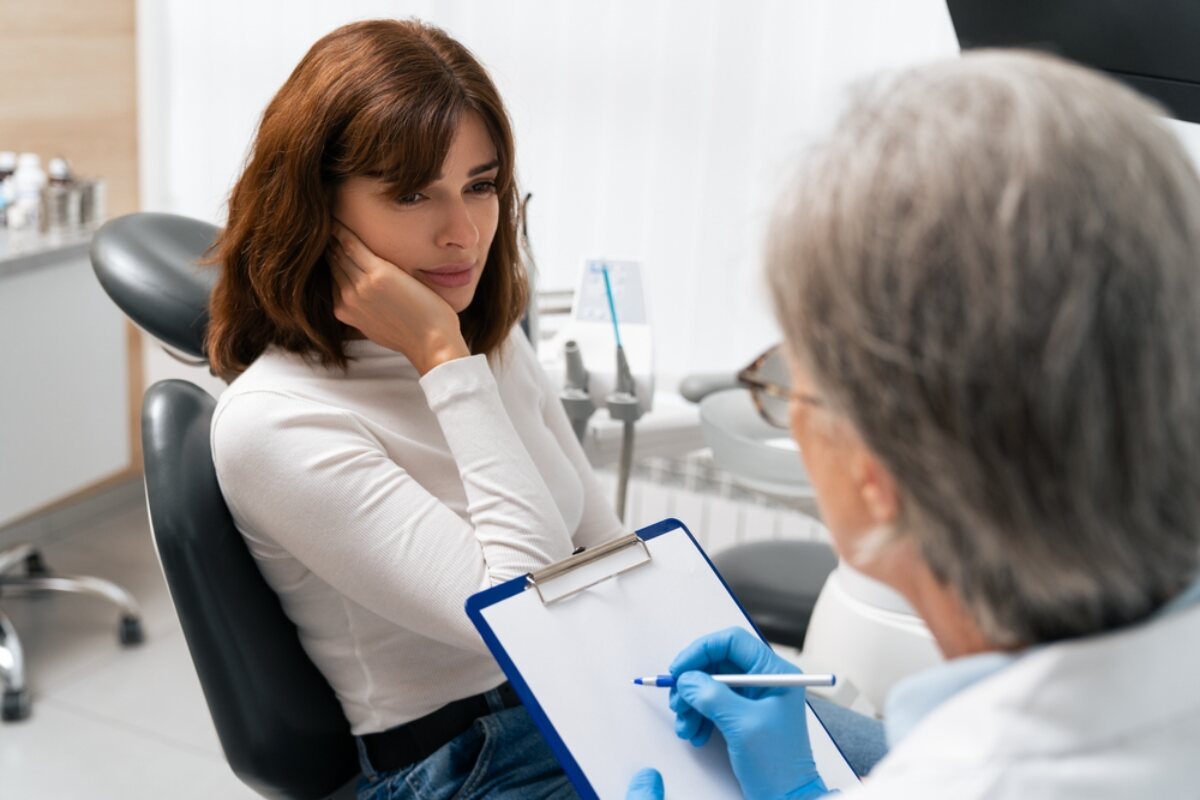
Dental emergencies tend to arise suddenly and unexpectedly. Whether a tooth is chipped, swollen, bleeding, or in pain, these types of things need to be seen right away, not just to relieve pain but to prevent long-term complications. For someone in pain and unsure of what to do, the situation is likely more than they can manage.
Which is why learning what to expect at an emergency dentist appointment can be reassuring and empowering. An emergency dentist in South Vancouver is all about getting immediate, focused care aimed at halting pain, figuring out the problem, and starting treatment, all in one trip.
What Qualifies As a Dental Emergency?
To get a sense of what happens at your visit, it’s useful to have an idea of what constitutes an emergency. Typical examples are:
- Sudden or severe toothache
- Cracked or broken tooth
- Knocked-out tooth
- Gum or facial swelling
- Broken fillings or crowns
- Uncontrolled oral bleeding
- Symptoms of infection (pus, fever, bad taste in mouth)
If you’re unsure whether your condition requires urgent care, a call to a dental clinic in South Vancouver can help determine the right course of action.
What Happens During Emergency Dental Care?
Your initial visit is not a pleasant experience, especially if you are experiencing it for the first time. This is an overview of what happens during emergency dental treatment:
Initial Triage and Symptom Assessment
Upon arrival at the dental clinic, the staff will instantly diagnose your condition and gauge the level of worry due to the seriousness. This is an instant relief in the event of complications such as bleeding, acute pain, or swelling.
Important steps involved:
- Medical history examination
- Symptom description and history
- Visual examination of the affected area
Diagnostic Test and Imaging
It is possible to conduct imaging, like digital X-rays, to ascertain the underlying cause. The following is what the dentist will do:
- Check adjacent gums and teeth for pathology
- Check tissue health and bone density
- Check for trauma, deterioration, or infection
It is a very important process to be able to give an accurate diagnosis and not miss any underlying pathology.
Relief from Pain and Stabilization
If you are in pain, the priority is relief of pain. This may involve:
- Local anaesthetics
- Draining of an abscess (if needed)
- Temporary filling or dressing
- Medication from your dentist, such as, painkillers or antibiotics
The goal here is to stabilize your situation before treatment to have the tooth made good.
Discussion of Treatment Options
Once the situation is under control, your provider will provide
- The cause of the problem
- Short-term and long-term treatment plans
- Preventive methods so that future emergencies can be avoided
If an advanced procedure like a root canal or extraction is needed, it can be scheduled in the future after the swelling has reduced.
Follow-Up and Aftercare Instructions
Individual counselling to heal and prevent relapse will follow your session. The following may be
provided as aftercare, which can be
- Cleaning and rinsing instructions
- Nutrition counseling
- Medication and pain counselling
- Follow-up appointment scheduled (if necessary)
What to Expect During Emergency Dental Visit: Emotionally and Practically
Aside from the clinical steps, there’s the emotional aspect. A first emergency dental appointment can be distressing, especially if it affects your ability to eat, sleep, or concentrate. Knowing that you’re being evaluated and treated by an experienced dentist near you can offer reassurance.
What you can expect with confidence:
- Prompt attention and focused care
- A clear diagnosis and action plan
- Professional guidance for relief and healing
Preparing for Your Visit: Quick Checklist
To make your appointment run more smoothly, do the following:
- List your current medications for reference
- Record the onset of your symptoms and what brought them on
- If applicable, the fragments of a broken tooth or dental appliance
- Bring identification and an insurance card
- Do not eat before coming in if you will be treated
Relief Starts with the Right Emergency Care!
Overall, a dental emergency does not have to be a dental disaster. Prompt response, correct treatment, and open communication can make your first emergency visit a successful and fruitful one. Timely treatment of the issue also maintains your overall long-term oral health and avoids further complications. Book your emergency visit now at South Hill Dentist and receive timely, empathetic care at the moment of need.


